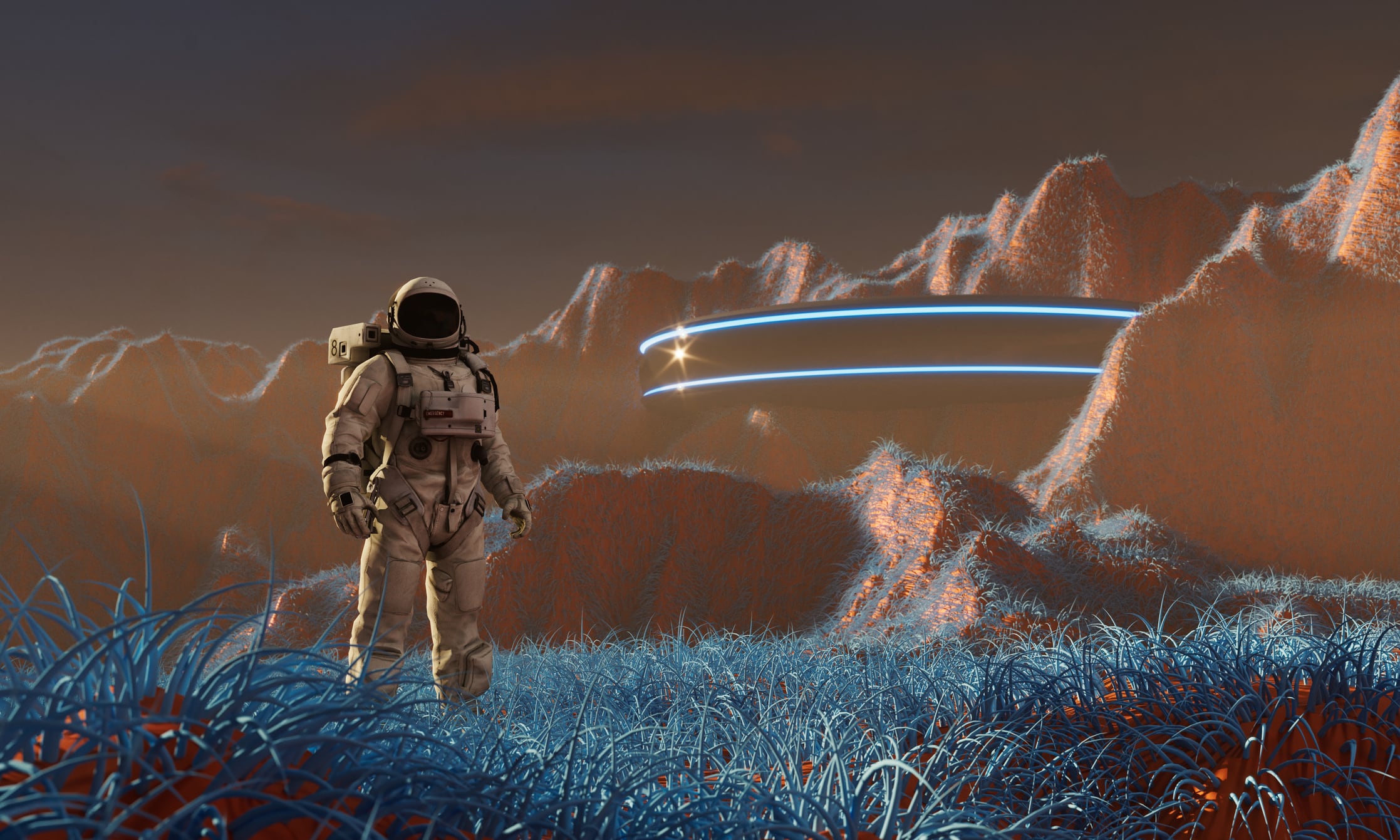The ESA is funding a project to test the manufacturing of this new form of space food aboard the International Space Station (ISS).
ESA said that providing a sustainable and nutritious food supply which meets the energy requirements of the crew is one of the biggest challenges in human spaceflight exploration beyond Low Earth Orbit.
This new project will test the powdered protein to see if it can be manufactured in space with very few resources.
Solein, relies on urea which is found in urine, as a nitrogen source for protein synthesis. According to Solar Foods, Solein, which is a microbial protein alternative to soy, eggs, milk, whey, and meat can replace the protein in virtually any food.
The ESA is funding the project through its Terrae Novae Exploration Programme. The project HOBI-WAN (Hydrogen Oxidizing Bacteria In Weightlessness As a source of Nutrition) aims to test this method for the first time in microgravity.
The first eight-month phase of the HOBI-WAN project will focus on developing a ground-based science model of the Solein production technology, followed by a second phase dedicated to the manufacturing, testing, and launch of the actual flight equipment.
“This project aims at developing a key resource which will allow us to improve human spaceflight’s autonomy, resilience and also the well-being of our astronauts,” said Angelique Van Ombergen, ESA’s chief exploration scientist.
“For human beings to be able to implement long duration missions on the Moon, or even one day, to go to Mars, will require innovative and sustainable solutions to be able to survive with limited supplies. With this project, we the European Space Agency is developing a key capability for the future of space exploration.”
Arttu Luukanen, senior vice president space & defence at Solar Foods, said: “This would be the first time we will be able to verify that our technology works in space. The aim of the project is to confirm that our organism grows in the space environment as it does on the ground, and to develop the fundamentals of gas fermentation technology to be used in space – something that has never been done before in the history of humankind.
“The behaviour of gases and liquids in microgravity is vastly different due to lack of buoyancy which can drastically affect the transport of nutrients and gases for Solein microbes. Gas safety is also of great importance, given that mixtures of Hydrogen and Oxygen gases are present.”,



